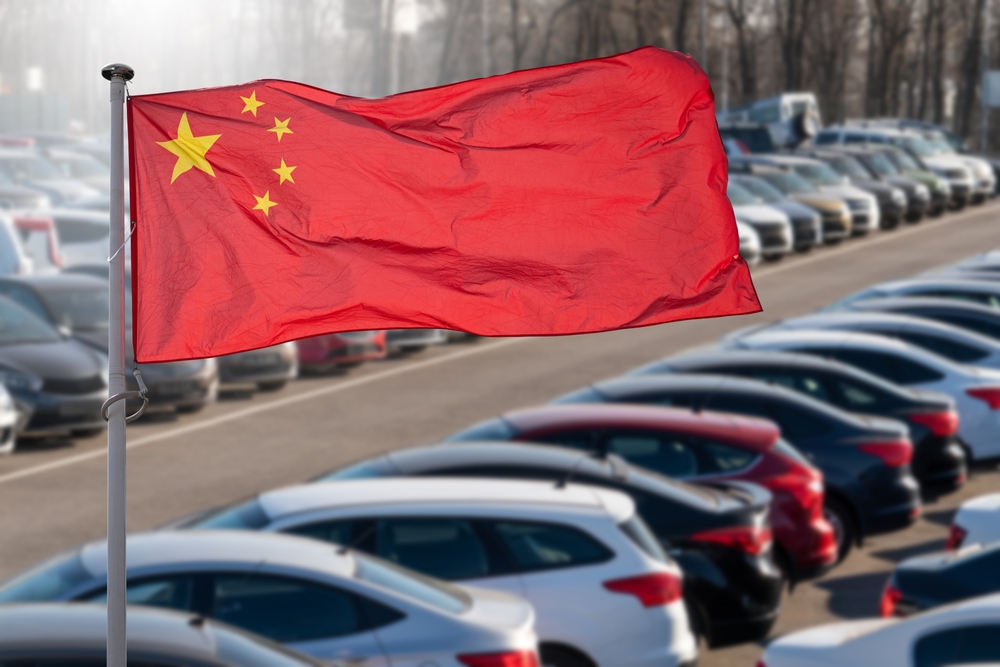The European Union took a bold step on Wednesday, imposing tariffs on electric vehicles (EVs) manufactured in China. This decision follows a yearlong investigation by the European Commission, which concluded that Beijing’s subsidies for domestic EV producers create an unfair advantage. This move adds to existing pressures on Chinese EVs, which already face hefty duties in the United States and Canada, further shrinking Western markets for these vehicles.
EU Tariffs Target Subsidized Chinese EVs
The European Commission’s decision imposes five-year tariffs on Chinese EVs, designed to offset subsidies provided by the Chinese government. These tariffs come on top of the EU’s existing 10% import duty on EVs. The new tariffs are calculated based on the level of subsidies each automaker received. Tesla will face the lowest duty at 7.8%, while Shanghai-based SAIC Motor and other non-cooperating automakers will be subject to a 35.3% tariff.
China’s Ministry of Commerce criticized the EU’s actions as “unfair, non-compliant and unreasonable,” and firmly opposed what it called “protectionist practices.” The countervailing duties mark an escalation in EU-China trade relations, particularly in the increasingly competitive EV market.
Shrinking Markets for Chinese EVs
The EU tariffs are the latest in a series of trade restrictions facing Chinese-made EVs in the West. Earlier this year, the U.S. and Canada imposed 100% tariffs on Chinese EVs as part of a broader push to boost domestic EV production. The Biden administration has emphasized the economic opportunities linked to increasing domestic EV production, underscoring the need to protect American manufacturing jobs as the industry shifts toward electric and hybrid vehicles.
Former President Donald Trump has also addressed the issue, drawing attention to autoworkers’ concerns over potential job losses. His position highlights the complex dynamics of the American EV market, where rising domestic production is colliding with concerns about foreign competition.
The Political Dimension of EV Tariffs
The debate over EV tariffs has spilled over into American politics, especially in key states like Michigan. In the state’s Senate race, former Rep. Mike Rogers (R-Mich.) has accused his Democratic opponent, Rep. Elissa Slotkin, of backing Biden’s policies that require automakers to produce a higher share of electric and hybrid vehicles. Although Slotkin has maintained some distance from the mandate, she has been a vocal supporter of the EV tariffs, which she sees as necessary to level the playing field.
Slotkin expressed her support for the tariffs at a White House event in May, arguing that China’s subsidies undermine American manufacturing jobs. “The production of these vehicles and products is subsidized by the Chinese Communist Party, positioning them to flood our markets and kill American jobs in our own manufacturing sector,” Slotkin said. She added that the tariffs aim to “push back on their flooding markets with subsidized goods that undercut good old fashioned American competition.”
The EU’s new tariffs on Chinese-made EVs reflect growing Western resistance to Beijing’s trade practices and underline the importance of domestic EV industries in Europe and North America. As political support for tariffs grows, especially in states like Michigan, the West is taking a firmer stance on leveling the playing field for domestic automakers. Yet, with China firmly opposing these measures, it remains to be seen how these tariffs will affect global trade dynamics and the trajectory of the EV industry.


